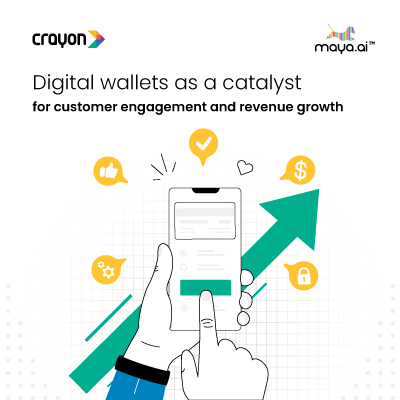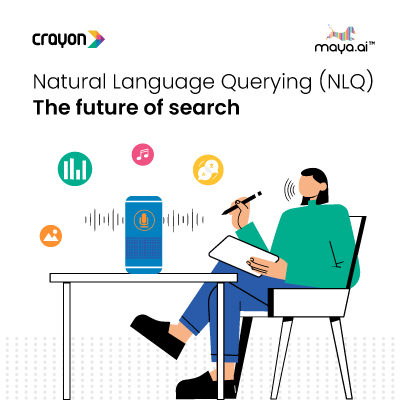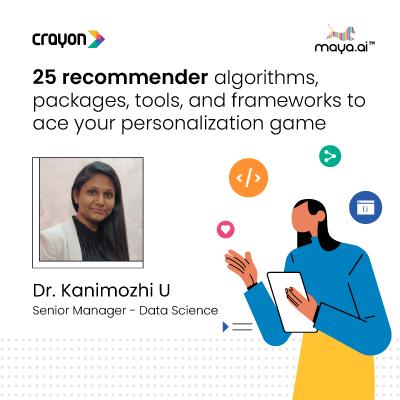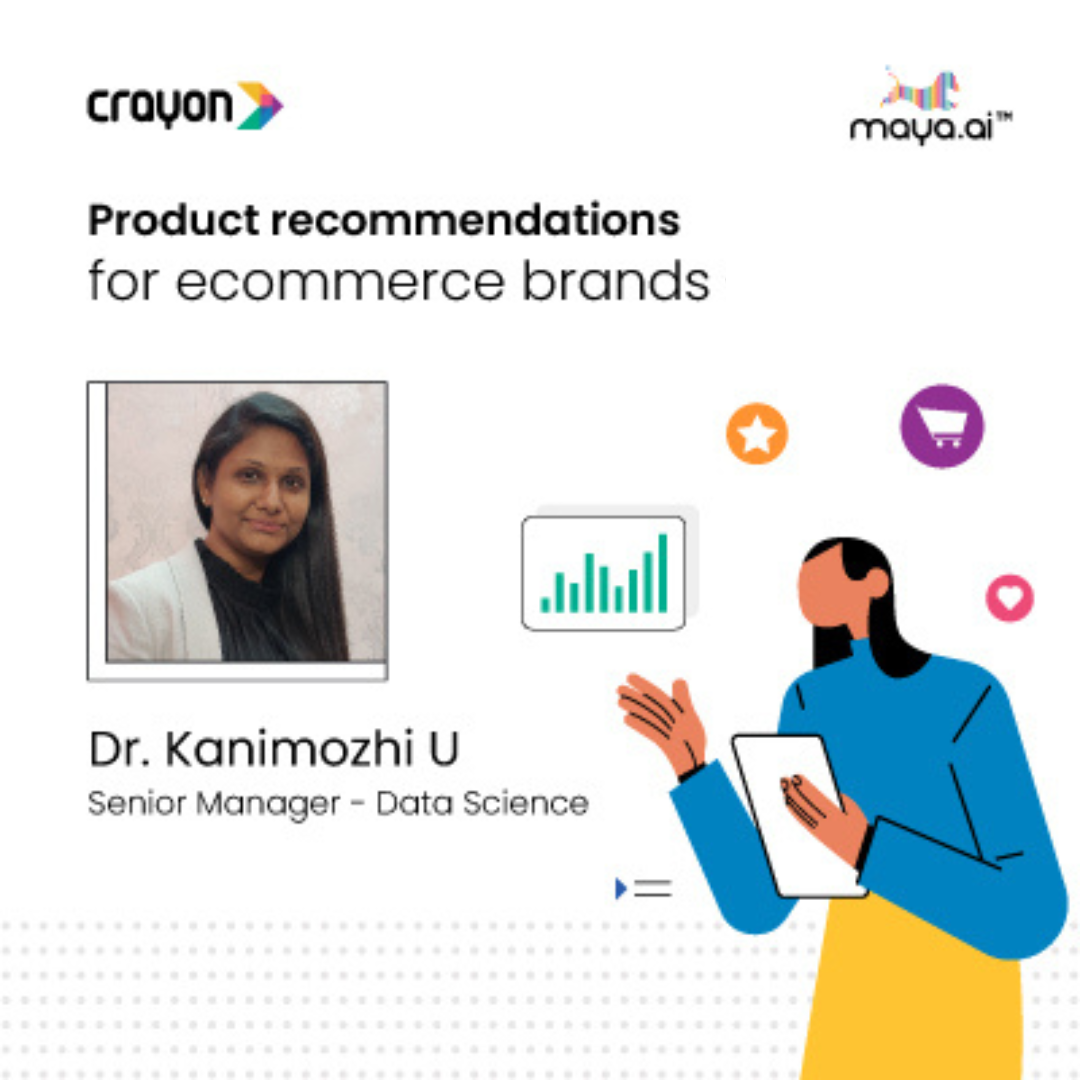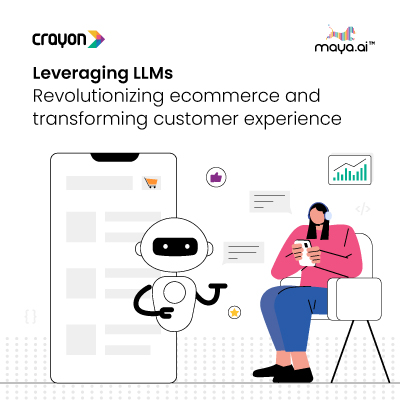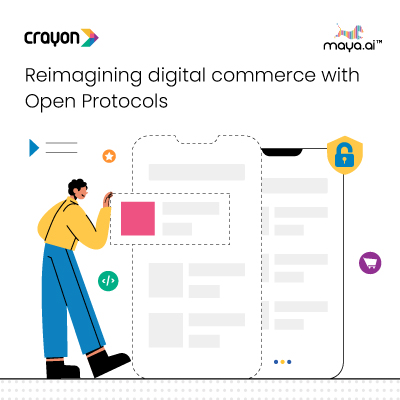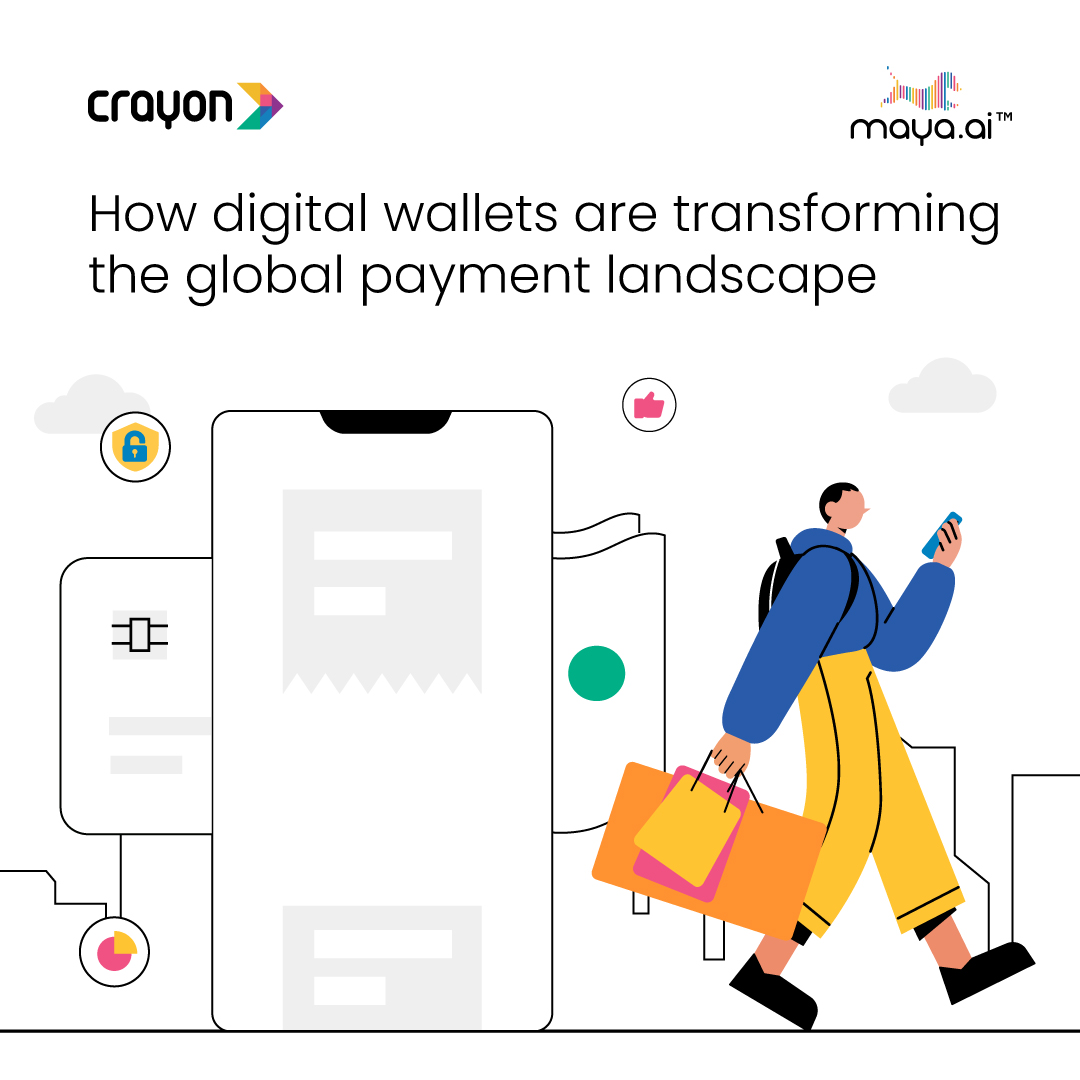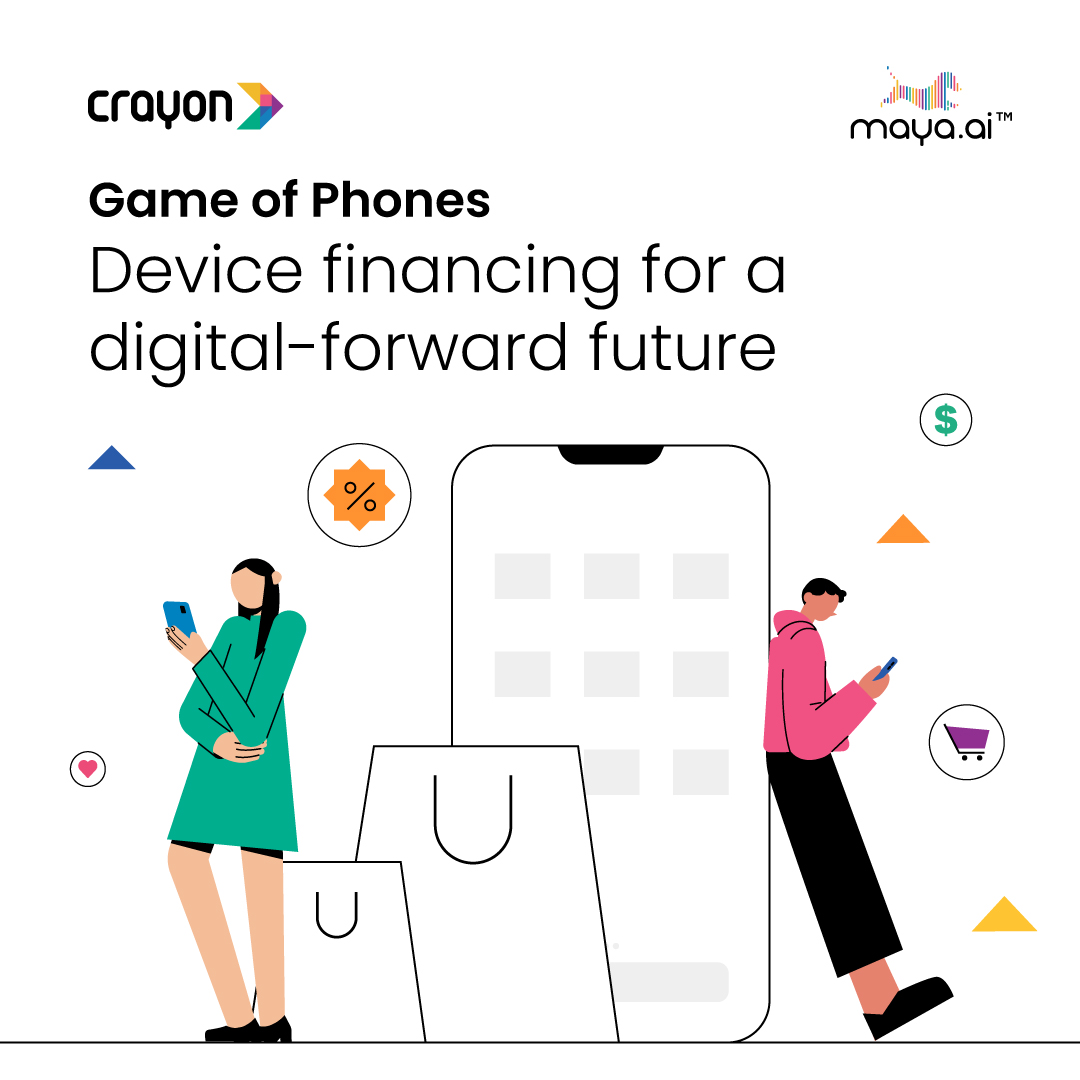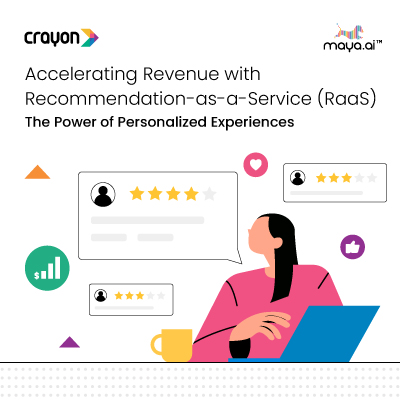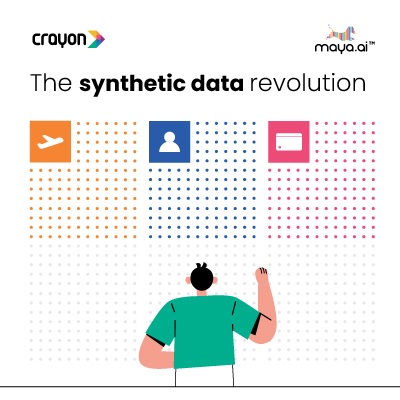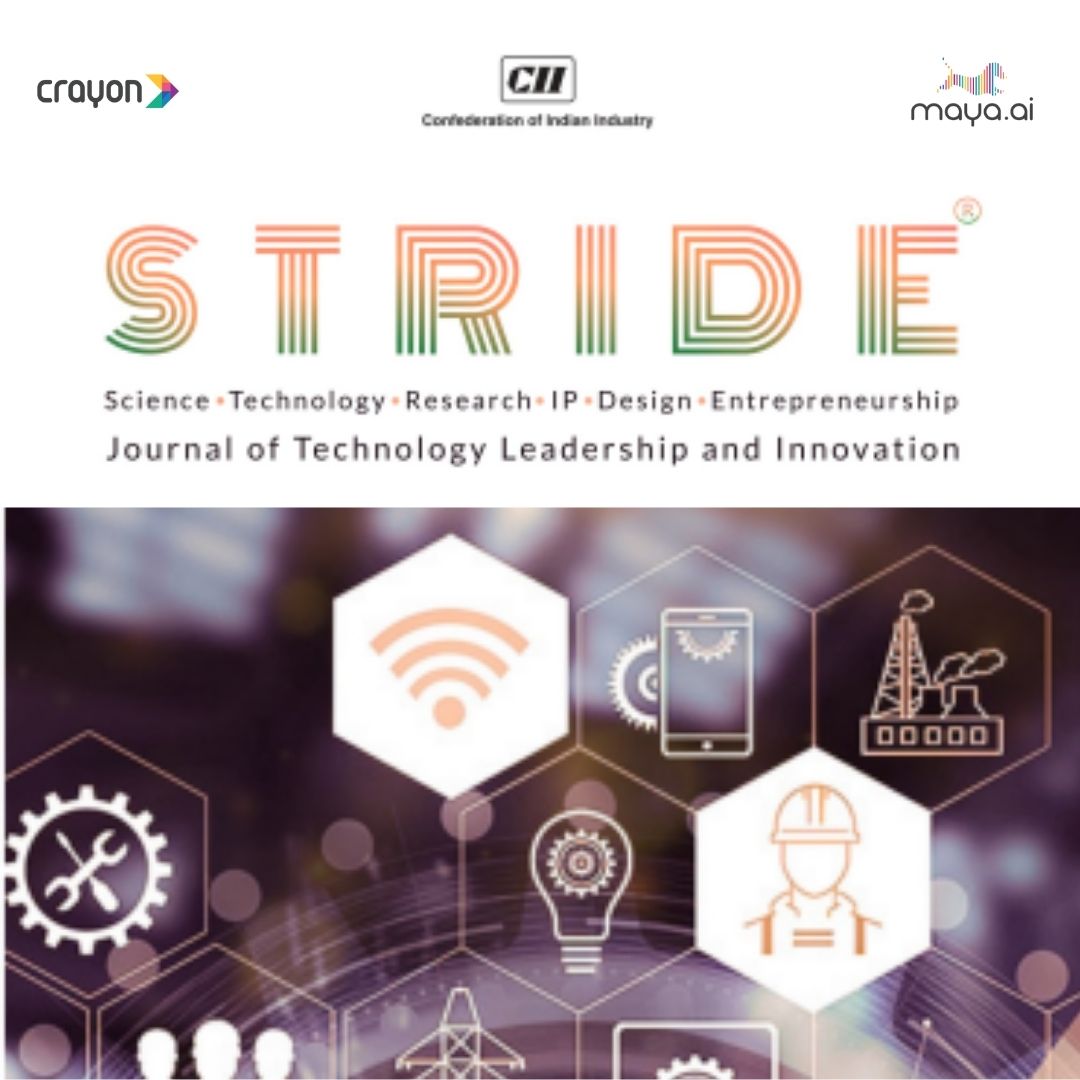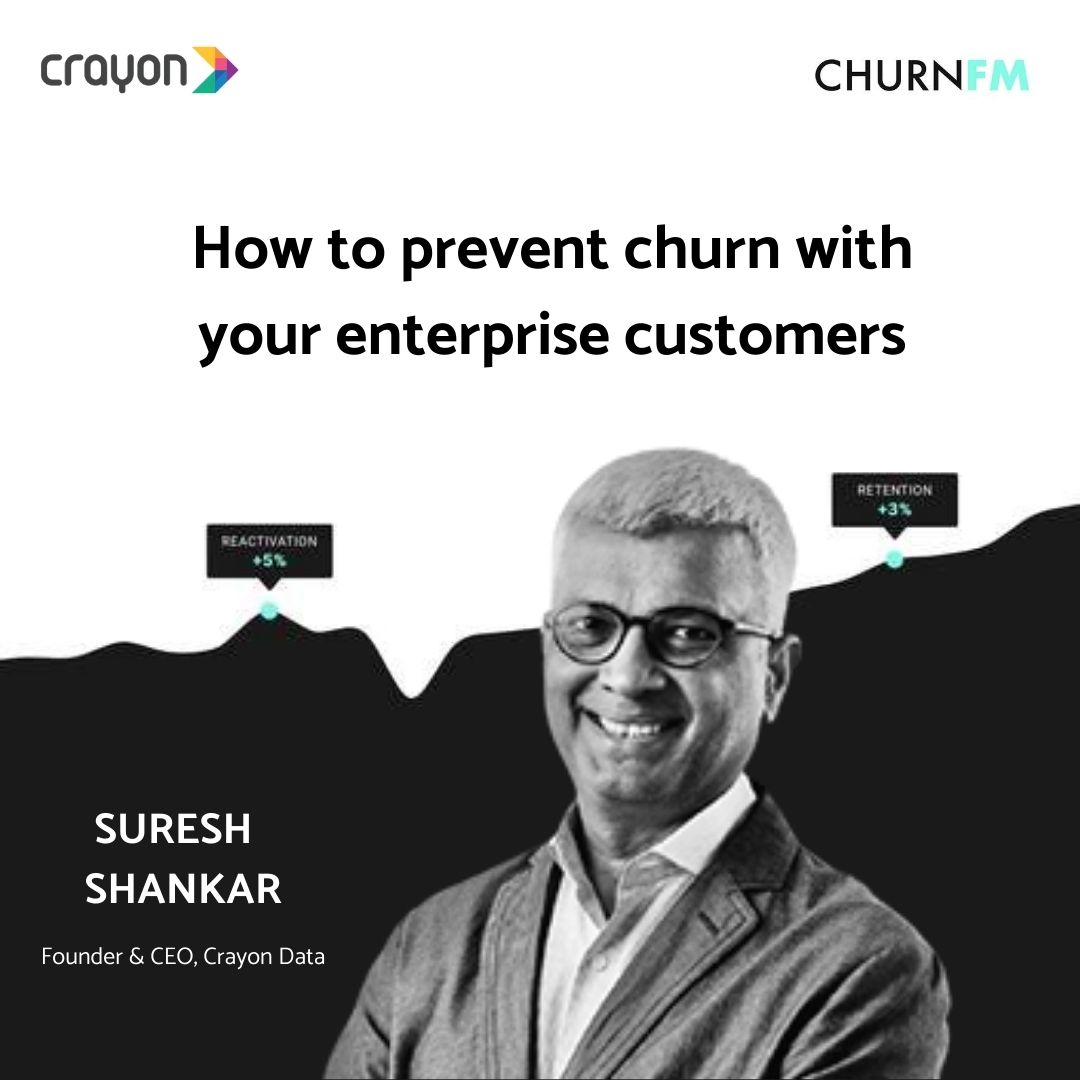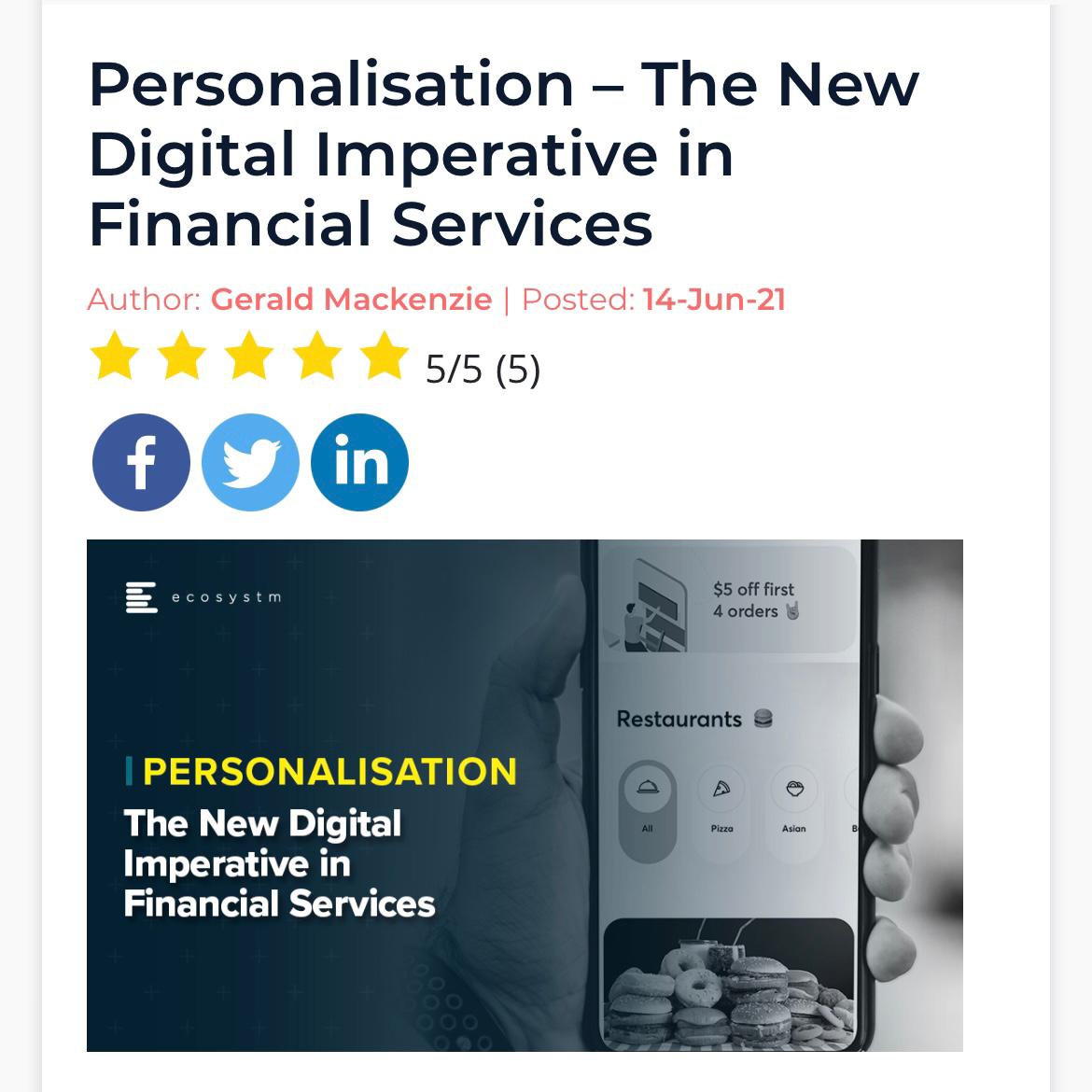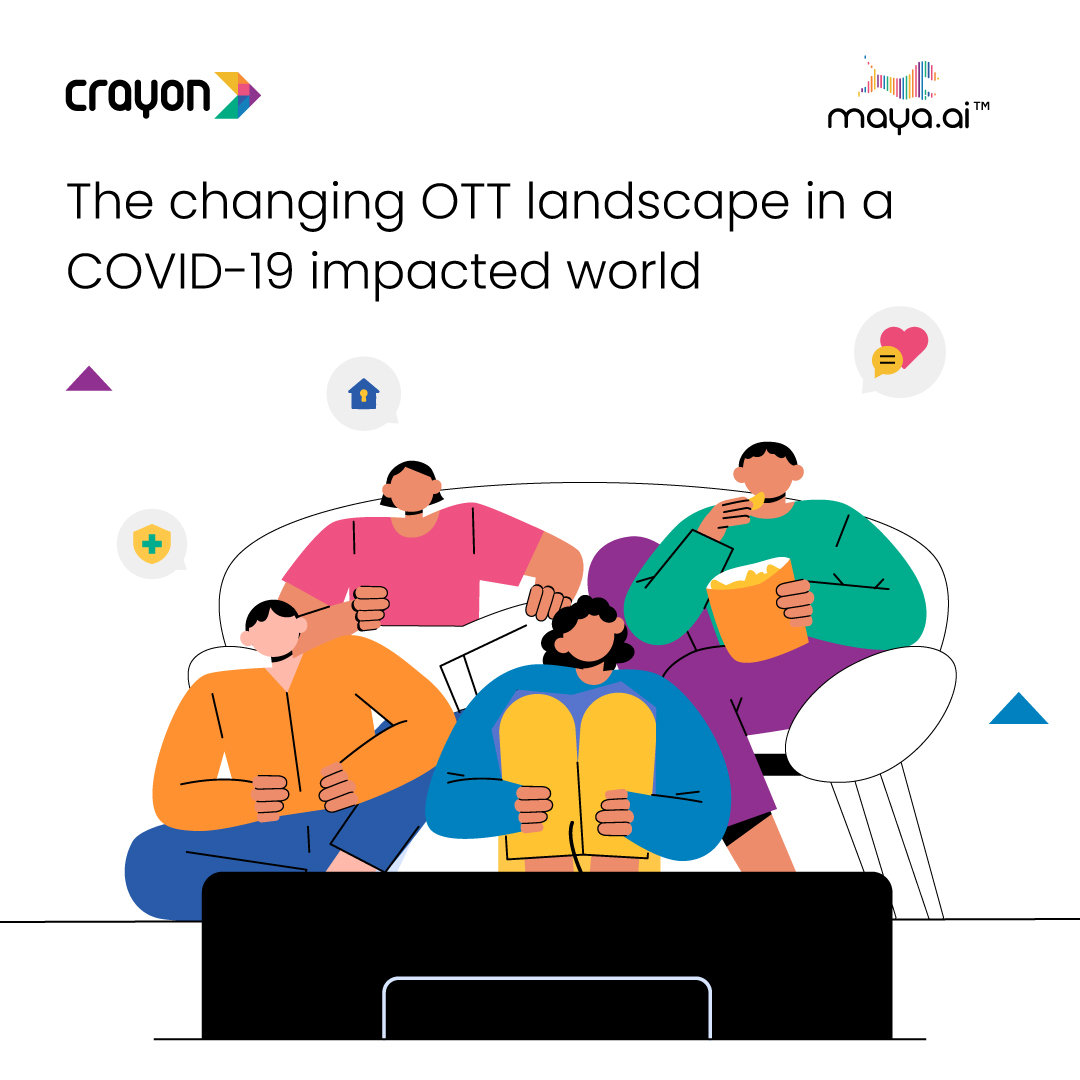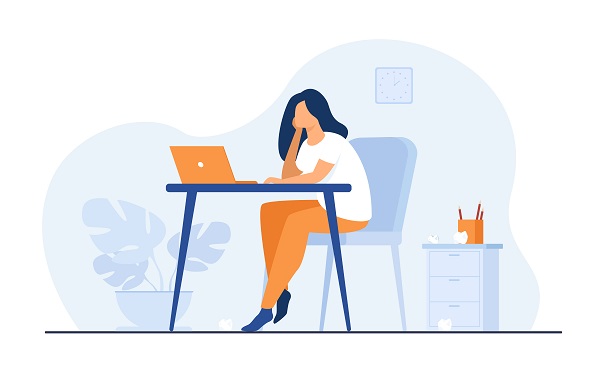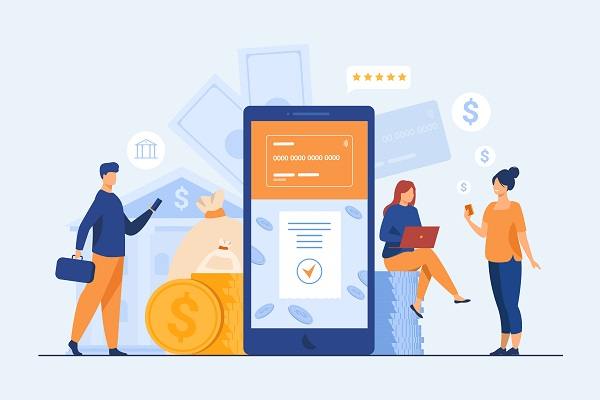Manu: Rick, can you tell us a bit about yourself? I saw in your TED talk that you used to be a photojournalist, so how did you get started on this journey?
Rick Smolan: Yes, I was always very curious as a person. So it is interesting that I’d end up in a job where I get paid to be curious. As you saw in the TED talk, I went from being a journalist where I work for other people who set the agenda, to the fortunate position of being able to steer my own ship.

And now, when I get curious about something, I’m able to invite my heroes, my peers, and some young journalists along. The journey to collaborate is like crowdsourced journalism, but the crowd is the journalists. Although we often involve the public as well, on our most recent project it was all strictly professional journalists.
I think there are a lot of complicated things that people are trying to understand these days, and it seems like most of what we see from the media are just sound bites. My thought was to have a team of people with lots of different skills collaborating, and that it might enable us to tell the story and share the way that we’ve learned about it with other people who are starting with no knowledge about the topic.
Manu: You started your journey as a photojournalist, and you went to a completely different and new industry, can you tell us how this big data journey started?
Rick Smolan: The big data project itself came out of a conversation with the CEO of Yahoo, Marissa Mayer. We spoke together at a TED conference a few years ago, and she’s been incredibly gracious, is a wonderful friend, and always asks me if there’s something she can do to help us with our projects.
Sometimes it’s by letting us move into Google offices for 6 months, sometimes it’s an announcement about our project on the homepage of Google so that every single person that goes on it sees it, or it’s advertising and sometimes it’s just editorial help.
This time, she and her husband Zack Bogue came and spent half a day with my team and me to help us think and give us examples of why she thought the planet was beginning to evolve into a nervous system — that is what really planted the seed in my mind.
Manu: Yes, I read about the example of the planet evolving into a nervous system. Can we explore this idea deeper? How did this idea excite you?
I saw one of your quotes that every human is turning into a sensor, how does that all relate to big data
Rick Smolan: I thought her analogy was about the idea that with all the Internet-connected devices that we are carrying, it’s like watching the planet suddenly develop tendrils and nerve connections.
We used to be separate, almost like one cell organisms and now suddenly you and I can talk. Not for free, but if it was on Skype for example, it would be for all practical purposes free. So if ideas can jump around the world in milliseconds and space is no longer a gating factor, then, how does that affect our evolution as a species?
It is a combination of 3 things: one is the brain activity, two is the sensors that we are all carrying, and three is the increasingly inexpensive cost to analyse big data.
Now these three things all happen simultaneously, so free internet, free processing, and free sensors are leading to this sort of development. I think we’re still in the early stages of it, but you can see the zeitgeist effect, a wind that blows before the storm comes.
One of the big question for everyone in this space is: “is it a promise or is it a peril ?” Obviously, we should be paying attention to because like any new tool it can be a double edged sword, can be used for good or evil: you can use a gun to shoot an animal for food or person who you are robbing.
Manu: You were talking about the gun analogy as an example.
Rick Smolan: Basically, I see this as primarily positive but there’s obviously a lot of danger when everything is connected.
For example, when people grew their own food or had a well in their backyard, they weren’t dependent on any outside source. But if for some reason food can’t be delivered to NewYork City or to Delhi or Mumbai for a week, people in those major cities really won’t have the ability to find their own water and food, and today more than half of humanity lives in cities.
If something happens to takes out the Internet, the power grid and the food delivery, we’re much more vulnerable now than we were before. Although there’s tremendous advantages of having centralized food, power, water, and Internet it’s always a trade off.
Rick: Did you see the movie gravity?
Manu : Yes, I saw it.
Rick: I love the movie but the idea that a meteor storm could take out all communication satellites is a scary thought. I don’t know either one of my two teenagers’ cellphone numbers because I never dial their numbers. In an emergency that would be pretty stupid and I wouldn’t know how to find my children.
Or the fact that all of us have become so dependent on the Internet that it’s hard to believe it’s only been more or less twenty years since it’s been integrated to our lives. Today people have withdrawal symptoms when there’s no connectivity. That was the case for my wife and I last night, the kids couldn’t do their homework, I couldn’t send a message, etc. You would have thought the world was ending, as I said it’s a double edged sword.
This idea of data to me is like putting your thumb on a hot stone, it burns your finger and hurts you, it’s pretty obvious the first time you do it so you learn very quickly not to do that again. But I think that as a species we’ve been touching things for which we don’t see the effects for years and we don’t pay enough attention to the cause and effect, I think it’s one of the reason why we have so many problems.
The Republicans here in America are still debating and contesting whether we have global warming despite all the science and evidence because all they care about is that it’s cheaper for businesses not to have to address that issue. But if there was a way that you could immediately measure the effects or your footprint on the world it wouldn’t be a debate it would be a fact. I was fascinated about ways to describe this.
For example, drones for the most part are blind, if there are two drones flying next to each other they don’t crash into each other because we can guide them through the camera but they are not self aware. So that’s almost another analogy, if all the drones suddenly had awareness of all the other drones it would totally change their behaviour. So I thought it was a cool idea to try to tell that story in photographs, graphics, essays, etc.
It seems like the timing of the project was really ideal and our primary partner on the project was EMC who are one of the global leaders in the Big Data arena.With their support we delivered 10.000 copies of the book in just one day to world leaders and Fortune 500 CEO’s, heads of media companies, olympic prize winners, etc. One of our supporting sponsors was FEDEX, I went to them and said: “ Look, I’m trying to start a global conversation and I don’t think people are going to rush out to buy a coffee table book about big data.” I was actually wrong about that by the way, a lot of people ended up buying the book but I didn’t expect it. My thought was to give it away for free to influential people and hopefully they would look at it and talk about it to their friends and it seems to be what happened.
Manu: There are a lot of books about big data that just talk about the technical side of it such as machine learning, big data, internet of things, etc.
But if I’m not wrong, your book is not about that but rather appears to be the only book that speaks to the common audience to explain what big data is all about.
Can you tell us who the target audience is exactly and what the objective of this book is?
Rick Smolan: The goal of this book is to start a global conversation about this topic. I think right now it’s primarily governments and corporations that are talking about big data, they clearly understand how powerful this is as a tool to understand, manipulate or control a population. Advertisers and companies love it because it gives them an insight into their customers and it lets them deliver personalized marketing messages to their customers.
I think the average person is unaware of how their data is being used and I personally believe there should be a data bill of rights.
A data bill of rights; you and I as citizens of the world should say whether we want to share data about ourselves or not. You might want to share your health data, for example, you might want to know about people with your disease, or about people your age or with your genetics and you’d like to know how long they live and what diseases they develop and in that case you could benefit from sharing your data.
Or you might say that you don’t want to share that because you don’t want your employer to know that you have a higher likelihood of getting a particular disease and they might then discriminate against you.
At the moment, it’s very hard to know what data exists about you, who’s got it and what they’re doing with it. I think there should be opt in, in other words, I think people should be allowed to say they refuse to give away any data about themselves while others could agree to share their information.
Maybe then, the Googles and Facebooks of the world will say they’ll give you 5% of all the money that’s generated by your the data and people might agree with this idea. I think there are ways to incentivize people to contribute with their personal data. But I still think it should be us deciding to do it and not the companies taking it and then making it very hard for people to turn it off afterwards.
Manu: But as common people we don’t have the power to do so right now.
Rick Smolan: No, we don’t and obviously the people making these tools really don’t want us to. To a certain extent Facebook has it but it’s buried in forty menus.
You asked me another question, which is who the project was intended for. Obviously we wanted the decision makers to see it, but I also wanted my children’s teachers to use this book in school because it’s thought provoking. I know that Russel Myer leaves it at the waiting room at Twitter, James Dorsey leaves it out too for when people come see him at Twitter and Square, so it seems to have touched a real nerve because it’s very accessible about a topic that’s very dense.
Manu: The data privacy is a big debate nowadays and apart from the big corporations who are making money out of our personal data, who are the other parties benefiting from our personal data?
Rick Smolan: The medical world. Some of the most dramatic stories in the project are related to medicine because there’s so much data generated by our bodies, our bodies are data generators.
I guess you saw the story about the premature babies and the fact that despite no physicals signs of illness, there’s actually signals that can be detected and the data can predict which children could get sick later, which I thought was really touching and really incredible.
I think science, medicine, almost any industry you can think of, any human endeavour is now being effected by data. It’s a feedback system, if you don’t have feedback, you could do great damage. If you have no way of learning from what you’re doing, you keep making the same mistake, I think that’s another great analogy.
I’ve been looking at artificial intelligence a little bit and someone had a great quote saying that once one robot makes a mistake and then learns from it, no other robot will ever make that mistake. It makes you think of how different that is from our species where the same person keeps making the same mistake without learning from it, let alone other members of our species.
People often use that quote in the context of a situation where robots would take over, because they would learn faster than us, and they would never forget, etc. I think this quote is rather inspirational, because if we don’t start learning from our mistakes and keep making the same stupid things over and over we will be doomed as a species.
Manu: But Steven Hawking would oppose your point of view, he says we should stop all research on artificial intelligence.
Rick Smolan: I know, he is being cautionary. He thinks that we are creating these creatures that will have more powerful brains than us because it’s exponential. Today they’re equal to us, the next day they’re twice as equal but without any emotion or compassion. Again, we’re like children playing with matches in terms of artificial intelligence.
Think about it for a minute, if you were an alien race coming to Earth and you looked at humanity, you might as well think that we’re the species that’s strangling the planet; we’re growing like crazy, we’re paving over the Earth, we’re polluting the air and water, we’re killing other species and each other, etc. So if you created rational robots whose goal is to protect the Earth and not human beings then the robots might come to the conclusion that we are the species that ought to be eliminated.
Manu: Exactly, I think I should send this to Steven Hawking.
Manu: Rick, I saw a lot of examples in your book, as well as in your TED talk, like that of Japan predicting the earthquake before it actually happened. Can you give us two examples that really impact the day to day life of common people? Something from your book that’s really interesting to you as well?
Rick Smolan: There’s an insurance company in the United Stated right now, called progressive auto insurance. They have a little gadget called the snapshot, and if you allow them to install this device in your car they can measure how quickly you drive, how often you hit the breaks, how quickly you change lanes, how many people are in your car, what part of town you’re drive in, what time of day you drive, etc. And if you’re a good driver they will lower your insurance rates, but you’re also trading your privacy and your history.
I was talking to someone about this yesterday and they were saying that their daughter is a new driver and first of all they wanted to know how she is driving. This company will send you a driving score every day to tell you whether you’re a good driver or not. So the kids are now all competing against each other to become better drivers by getting a better driving score. For example, when one girl gets an 89 and another one gets a 92 then the girl with the lower score will ask the other how she did that and the second girl will say that after the stop sign you have to accelerate slowly, not pump it and instead of hitting the breaks all the time, just drive a little bit more slow when you come to a stop sign, etc. So kids and drivers are getting their feedback loop.
How many times do you see a terrible driver on the road and nobody tells them that they’re wandering from one lane to the next or that they ran a red light? I’m not even talking about getting a ticket, I’m just saying once you get your driver’s licence you never get any feedback again about whether you’re good or bad, so again it’s about instituting the gamification of data.
And the second things is, in the USA, the wearables such as the fitness, the fitbit, the Apple watches, etc., are giving people an insight about their pattern of behaviour; what time of day they’re the most active, how many steps they did today, etc. I think one of the thing that’s incredibly sad is that the basic default goal on your Apple watch is to make you simply stand up all times of the day. What does that say about most people’s lives if just standing up is a major accomplishment? Isn’t that depressing? It sounds horrible.
Manu: Let me shoot out my final question, can you tell us about the next project you’re working on apart from this big data project?
Rick Smolan: We’re looking at the history of oppression in the United States, how different groups and people got prejudiced against because of their race, their gender, their sexual orientation, their beliefs, religion, etc. We want to understand how these groups have been oppressed and then how popular media has changed mainstream America’s attitudes towards those groups.
Why in a time span of 60 years, 70% of Americans support gay marriage considering our world has only 20 % of gays? What happened, why have attitudes changed?
Even though things aren’t great or perfect it’s certainly much better today to be a person of colour or to be gay or whatever than it was twenty years ago. At least, that’s what it seems and that’s the topic we want to explore and examine in the new project.
Manu: Is it a book like your current project?
Rick Smolan: Yes, the new project is a book but maybe a TV documentary as well.

Why vector databases are key to enhanced AI and data analysis
In a...
